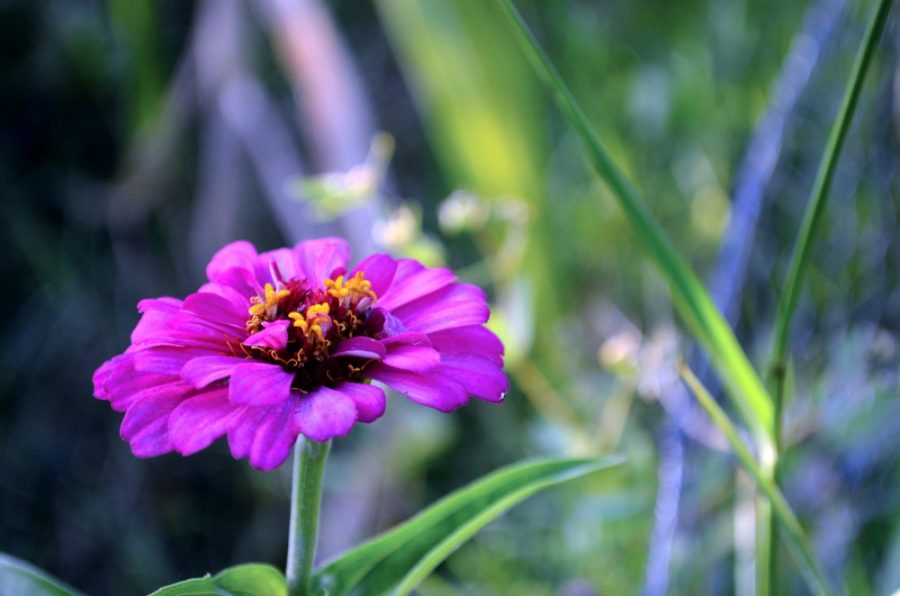Each year, schools demonstrating excellent work in sustainability are invited to the Association for the Advancement of Sustainability in Higher Education. This year, the UA Students for Sustainability sent 12 representatives to participate in the conference along with 20 other UA representatives.
The conference was the largest on record, with around 2,300 participants during the four-day event, according to Samantha Springs, the co-director for Students for Sustainability and an environmental science senior. It brought new discoveries and reassurance to the members of Students for Sustainability.
Oberlin College’s Paul Sears Distinguished Professor of Environmental Studies David Orr spoke at the conference about his successes integrating sustainability at Oberlin College as the special assistant to the president of Oberlin on sustainability and the environment, as well as his vision for the future of sustainability in educational settings.
“[Orr] has been really successful in incorporating sustainability in Oberlin College and incorporating the outside community,” said Michael Rabbani, the co-director for Students for Sustainability and a chemical engineering junior.
Students also presented on their own efforts to promote sustainability within their universities at the conference. Students for Sustainability submitted six proposals on topics they wished to present. For the first time, all six of the proposals were accepted.
“The was the first year that all of the proposals were accepted, which is a sign to us that the sophistication of our projects is increasing, and our work that we are doing is starting to be recognized,” Rabbani said.
Students for Sustainability gave all of the six accepted presentations, covering topics such as its Greening the Game project, the group’s sustainability education outreach, its rainwater harvesting projects as a part of HydroCats and a poster presentation about the Greeks Think Green project.
Greening the Game is a program that encourages recycling and waste reduction at UA sporting events like the football games. Greeks Think Green works with greek houses on campus to promote recycling and composting.
Presenters at the conference were especially interested in the work Students for Sustainability has been doing with waste reduction. The Greening the Game and Greeks Think Green programs were well received, since they highlight unique opportunities to create a more waste-conscious campus.
“[The Post-Landfill Action Network was] really interested in working with us because they haven’t really delved into greening Greek Life or collegiate sports,” Springs said. “So they said they might want to model some of their plans off of our programs.”
The conference also inspired new thinking, especially regarding the recycling of less traditional items. The Post-Landfill Action Network gave a zero-waste presentation that covered recycling used clothes and household items by holding a school-wide yard sale.
“We are doing a pretty great job with composting and recycling, but there are so many more things you can do to reduce waste,” Springs said.
One of the biggest takeaways for the co-directors was seeing just how unique the sustainability program at the UA is.
“We have had so much success at the UA,” Rabbani said. “There are a few other student internship programs across the country, but they are mostly made up of only 15 or 20 students, tops. And I am saying a few; this is not a thing at every university.”
Opportunities like this conference also demonstrate the need and want for action on climate change in a variety of aspects.
“The overarching aspect is that climate change affects everyone,” Springs said. “The Earth has been here for four billion years and it will be here for four billion more years, but we won’t be.”
Follow Natalie Robbins on Twitter.









